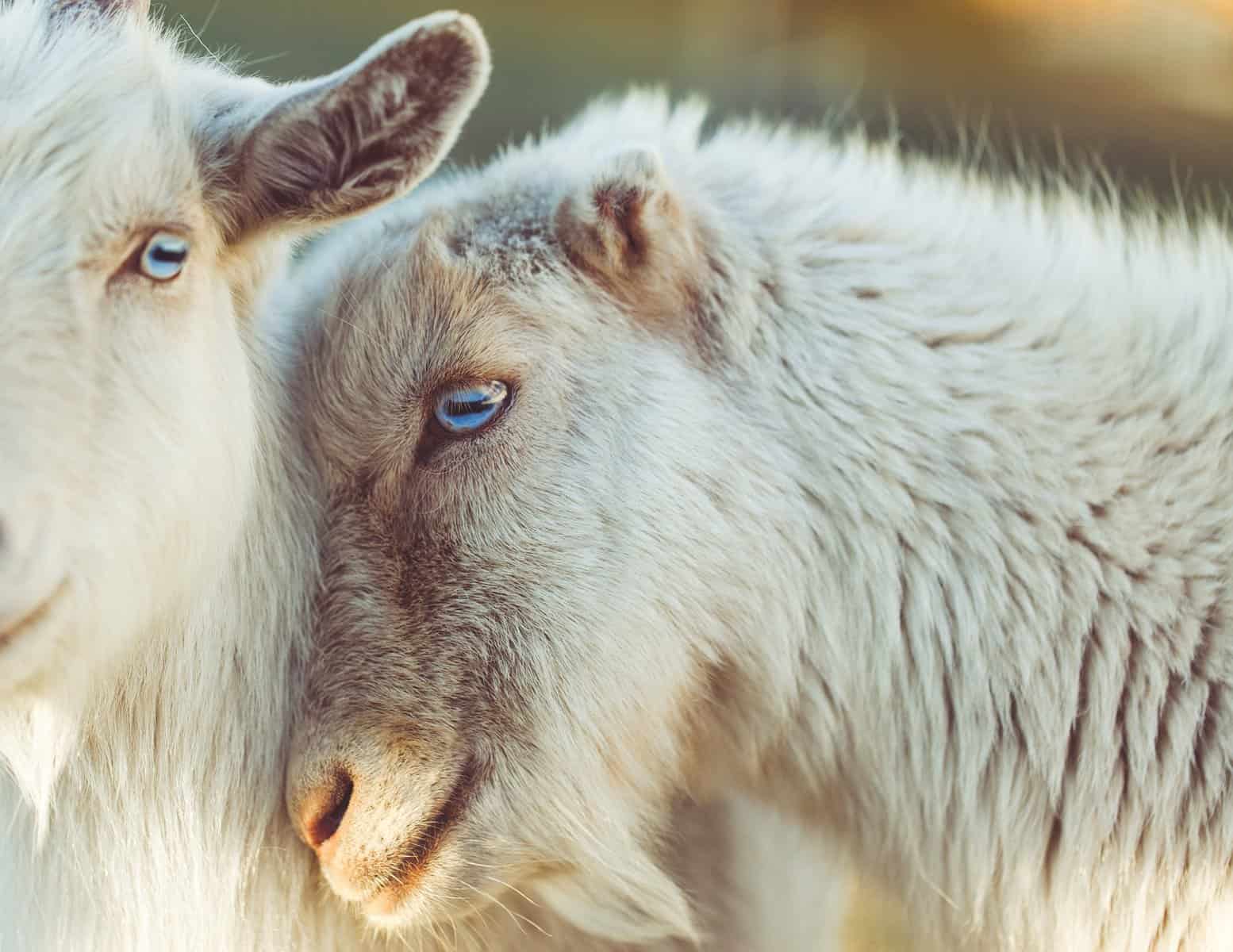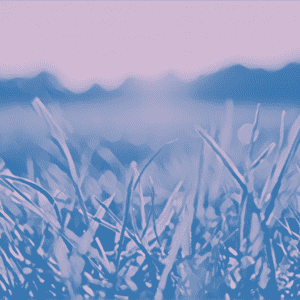
CSA’s Sarah Withrow King is running a series of devotionals during Lent, reflecting on what we believe about God’s creatures and how we might move toward living out those beliefs as members of the body of Christ.
Want more? Join Sarah and other CreatureKind friends for a Facebook Event every Monday at 11AM Eastern Time!
So far in our Lenten devotional series, we’ve asked what Christianity has to do with animals, why God made animals, what our faith in Jesus means for animals, and if animals will go to heaven. We’ve confirmed that God’s creatures are beings with worth apart from their relationship or usefulness to humans. Today, our question is:
What are we doing to animals? Specifically, what are we doing to farmed animals?
Globally, approximately 70 billion land animals and between 2 and 6 trillion fish are killed for food each year. So, “What are we doing to animals?” is a big question. Today, we’ll focus on to this question: what happens to animals used for dairy…for milk, cheese, and yogurt?
There are many very graphic documentaries that paint a vivid picture of modern farming practices. You may have seen them, or you may have avoided them. The CreatureKind team discussed whether or not to share one of these videos. We decided that they are best viewed in community, so that the emotional and spiritual wounds they create can be tended to in the company of others.
Instead, we’ve selected a video that introduces a playful rescued cow named Daisy, and demonstrates the reality of hope, while still telling the story of the dairy industry in a non-traumatizing way. You can see that video below, along with questions for reflection and a closing prayer.
As we reflect on what we humans do to animals used for dairy, let us also consider the broader impacts of our consumption. For instance, grazing and fodder crop production takes 78% of all agricultural land; 1/3 of global cereal/grain production is fed to farmed animals; livestock consumes 8% of human water use and causes 15% of water depletion; livestock are responsible for at least 18% of global greenhouse gas emissions, which is more than transportation; and in the US, livestock account for 55% of erosion and sediment, 37% of pesticide use, 50% of antibiotic use, and 1/3 of nitrogen and phosphorous loading of water supplies.
Factory farms and slaughterhouses are dangerous places to work, but sick and injured employees are often denied health care or worker’s compensation; the psychological toll of working amongst misery, of dealing death for a living, has negative impacts on the families and communities of workers. And the pollution from the industrial food system is concentrated in poor communities and communities of color.
This week, we’re learning more about what we’re doing to animals, but be sure to come back next week to discuss how Christians can make a difference.
Watch this video about Daisy and her caretakers, then pause for a few moments to answer the questions for reflection and say the closing prayer. May God bless your time today.
Questions for reflection:
What did you know about the factory farming of animals?
What was new or surprising?
What does a Christian understanding of animals mean for how we think about the way we are raising them for food?
What other human activities in relation to animals concern you?
Seeing Daisy with her caretakers gave me a sense of joy and relief. It also reminded me of animals who don’t yet have peace.
Close today’s devotion time with this prayer, from Carol Adams’ book Prayers for Animals:
May all creatures
Those beginning to breathe / And those ending their breath
Those alone / And those in herds
Those ill / And those healthy
May all creatures
Know Your Love.
Sarah Withrow King is the Deputy Director of Christians for Social Action, the co-director of CreatureKind, and the author of two books, Animals Are Not Ours (No Really, They’re Not): An Evangelical Animal Liberation Theology(Wipf & Stock) and Vegangelical: How Caring for Animals Can Shape Your Faith (Zondervan).


